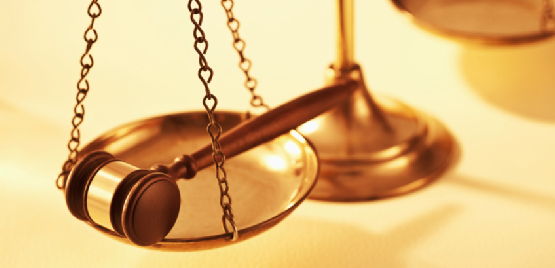#ask a lawyer a question for free
#Talk to a Local Personal Injury Basics Attorney

Most lawyers who specialize in personal injury law will either represent injured people or defend against personal injury lawsuits, but usually not both. If you ve been injured, you ll probably want to hire what s called a plaintiff s lawyer.
If you don t already have a list of prospective lawyers, a great place to start your search is right here at lawyers.com. You can do a free search to come up with a list of lawyers by using the Find A Lawyer search box that can be accessed from anywhere on lawyers.com. (You should see a search box on the right side of your computer screen.)
You ll need to do some initial screening of your list of lawyers to whittle it down to three or four prospective candidates:
- Look at biographical information, including whatever you can find on Web sites for the lawyers and their law firms. Do they appear to have expertise in the area you need? Do they have any information on their Web sites that is helpful to you?
- Lawyers who represent injured people usually don t also defend against lawsuits in this area. The profile for the lawyer and his or her firm should give you an idea of whom they primarily represent. If you can t tell, call the lawyer s office and find out.
- Use search engines to surf the Internet. Can you find any articles, FAQ s or other informational pieces the lawyer has done that give you a level of comfort? Cross check your references by doing searches using key words such as personal injury attorneys or trial lawyers.
- Check to see if the attorney belongs to personal injury trial lawyers associations, such as the American Association for Justice ( AAJ ) or your state s trial lawyers association.
- If you already have a working relationship with an attorney who practices in another area, ask him or her for the names of some good personal injury attorneys
- Ask other people if they ve heard of the attorneys and what they think about them
- Contact your state bar association or visit their Web site to find out if the lawyer is in good standing
- Check out the yellow pages of your telephone directory. Does the lawyer advertise? If so, do you find it compelling? Helpful? Tasteful?
- Check out the online archives of your local newspaper. Has there been any publicity about the lawyer or the cases that he or she has handled? This is particularly likely in the case of attorney who handle large-settlement personal injury cases.
- Before you hire a lawyer, ask for references. You want to talk to people who could comment on the lawyer s skills and trustworthiness. Ask if it is okay to talk to some of the lawyer s representative clients.
- Ask about conflicts of interest. Does the lawyer represent any opposing parties? If you are filing bankruptcy, for example, does the lawyer represent any of your creditors?
- Ask for a copy of a firm brochure and promotional materials that the firm may have. Crosscheck these materials against your other sources and references.
Consider any special needs you have. For example, could you benefit from an attorney who speaks a language other than English?
You shouldn t necessarily cross a lawyer off your list just because he or she didn t have the time to meet with you on short notice. Good personal injury lawyers are busy, so they may not be able to spend as much time as they would like with prospective clients. You should also anticipate that whomever you hire may have to delegate a lot of responsibility to his or her staff. You should expect to be treated courteously and professionally by the staff and the lawyer.
Unless there are special circumstances, you ll want to hire a lawyer with a local office, or in the location where your accident occurred.
Money Matters
If you ve been injured and have a good case, you should be able to hire a lawyer on a contingency fee basis. This means that the lawyer will be paid based on a percentage of perhaps 25 to 40 percent of what you may collect on a settlement, or on a judgment if the case goes to trial. There are many things a lawyer will consider in deciding on whether or not someone has a good case.
